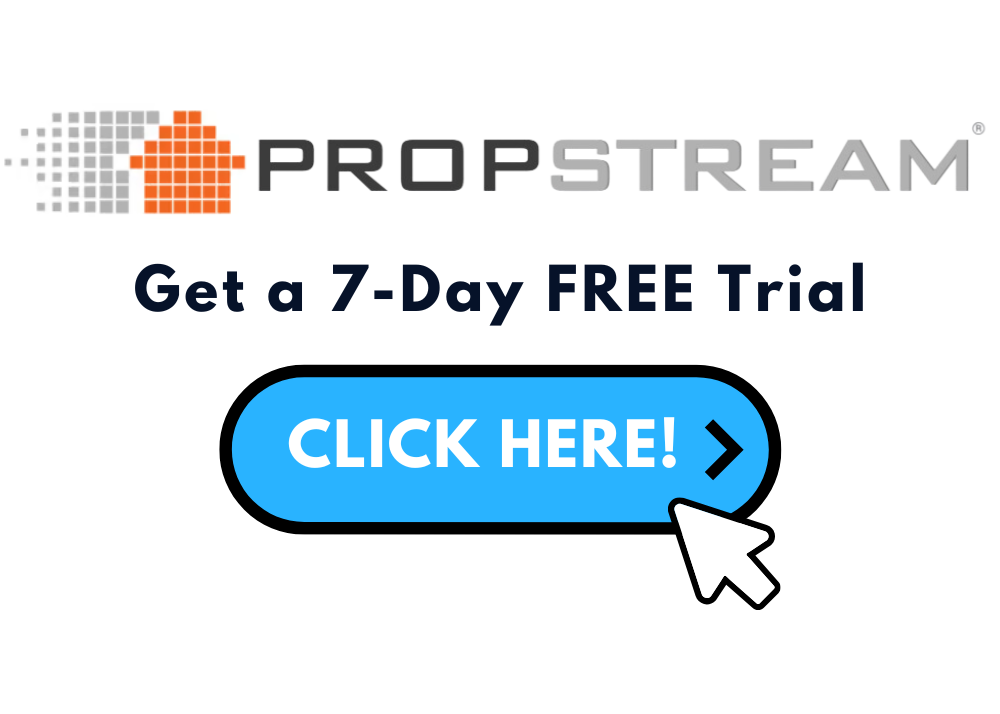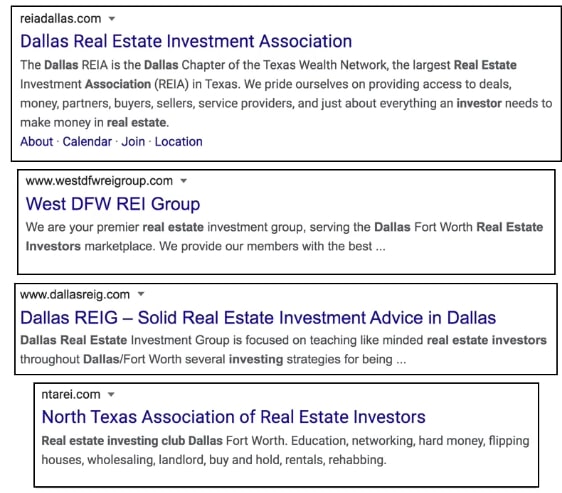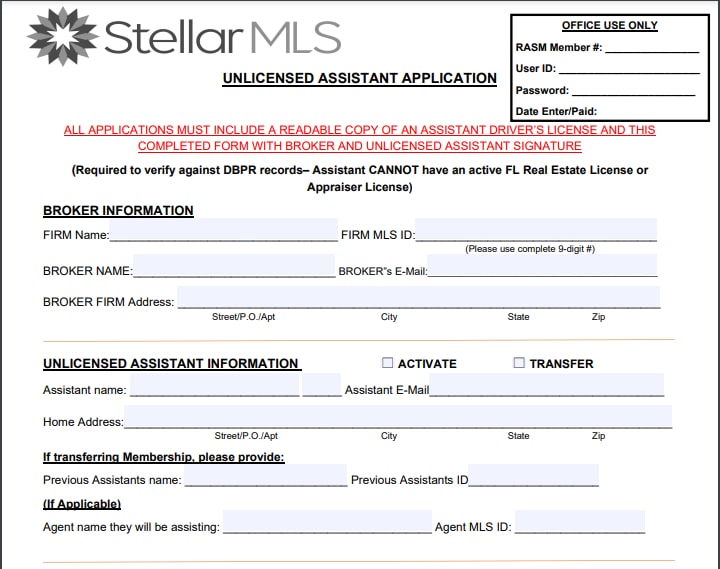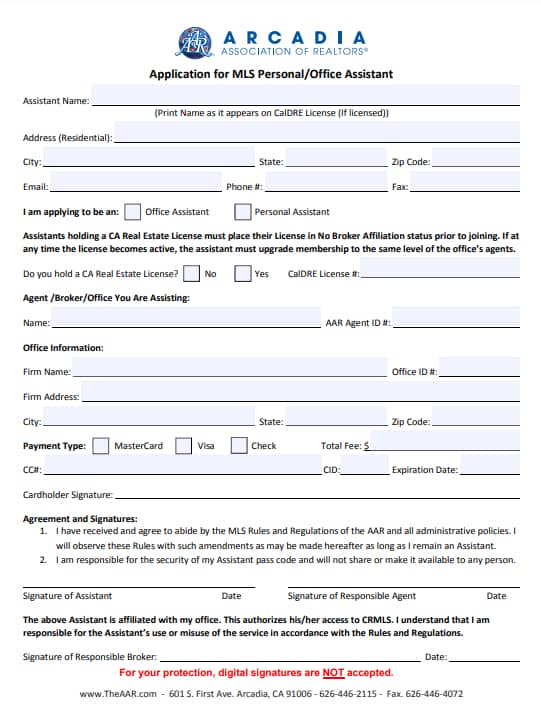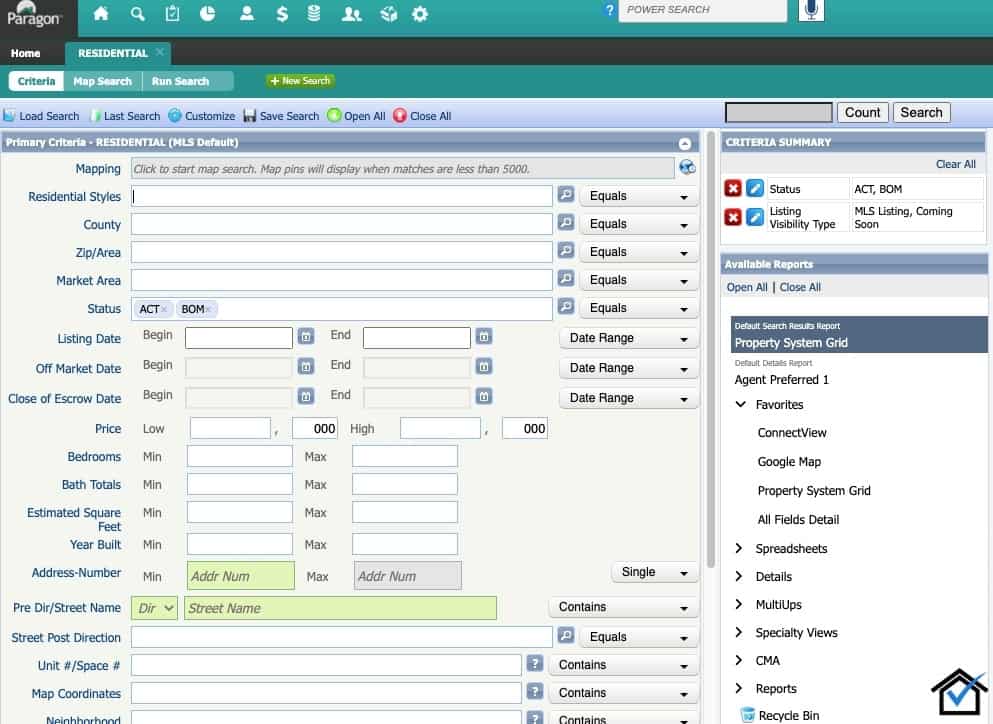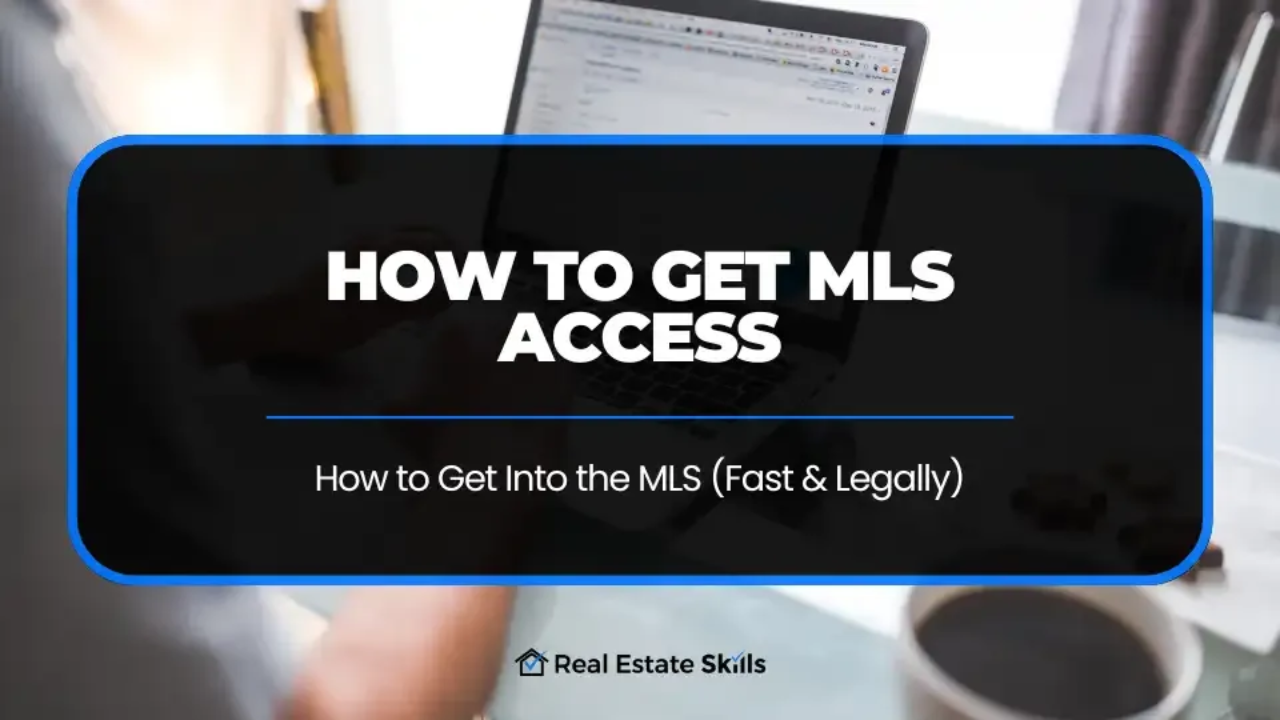
MLS Access: How Investors, Agents, and Wholesalers Get Into the MLS (Legally)
Sep 19, 2025
- MLS access means the ability to list on and pull data from the Multiple Listing Service—crucial for pricing, comps, and full market exposure.
- You can get access by becoming a licensed agent and joining your local Realtor® association/MLS, or by partnering with a listing agent who runs comps and enters listings for you.
- Other routes include limited-service/flat-fee MLS listings for sellers, and IDX/portal data or investor-grade tools for comps if you’re not an agent.
- For investors and wholesalers, MLS access improves ARV accuracy, offers days-on-market insights, and surfaces price changes and expired/withdrawn listings.
- Follow compliance rules: MLS policies, state advertising laws, and fair-housing requirements apply to listings, photos, remarks, and offer instructions.
The Multiple Listing Service (MLS) is an invaluable tool, often described as the cornerstone of the traditional home-buying experience. But what about those in the real estate investment realm? How do today’s investors, house flippers, or wholesalers tap into this goldmine of data?
While some believe that MLS access is reserved only for licensed real estate agents, the truth is more nuanced. Yes, securing access might seem challenging, especially for those who don't possess a real estate license, but it's not an insurmountable task.
Within the vast listings of the MLS, there lies an abundance of investment opportunities, ripe for the taking—provided you know where to look. In this comprehensive guide, we will dive deep into understanding what the MLS offers, address key queries like how to access the MLS without a license and explore the multiple avenues available to gain this crucial access.
Whether you're an established investor or just starting out, our aim is to equip you with the knowledge to harness the full power of the MLS and enhance your deal-finding capabilities.
Now, let’s dive right into how to get MLS access:
- What Is The Multiple Listing Service (MLS)?
- Why Get Access To The MLS Database?
- How Much Does MLS Access Cost?
- How To Get MLS Access With 6 Strategies
- What Is MLS Assistant Access?
- How To Get MLS Assistant Access (Without A License)
- How To Get MLS Access For Free
- FAQ: How to Get MLS Access
- Final Thoughts On How To Get MLS Access
If you’re serious about doing your first real estate deal, don’t waste time guessing what works. Our FREE Training walks you through how to consistently find deals, flip houses, and build passive income—without expensive marketing or trial and error.
This FREE Training gives you the same system our students use to start fast and scale smart. Watch it today—so you can stop wondering and start closing.
What Is The Multiple Listing Service (MLS)?
The MLS stands for the Multiple Listing Service. The MLS in your region is the database of all on-market houses for sale in your local market. The MLS is a private database maintained by real estate professionals to share information and help their clients buy and sell properties.
The MLS provides data such as:
-
Property pictures
-
Real estate listings
-
Listing agent’s phone number
-
Bedroom and bathroom count
-
Square footage of the house
-
Zoning and lot square footage
-
Important listing information
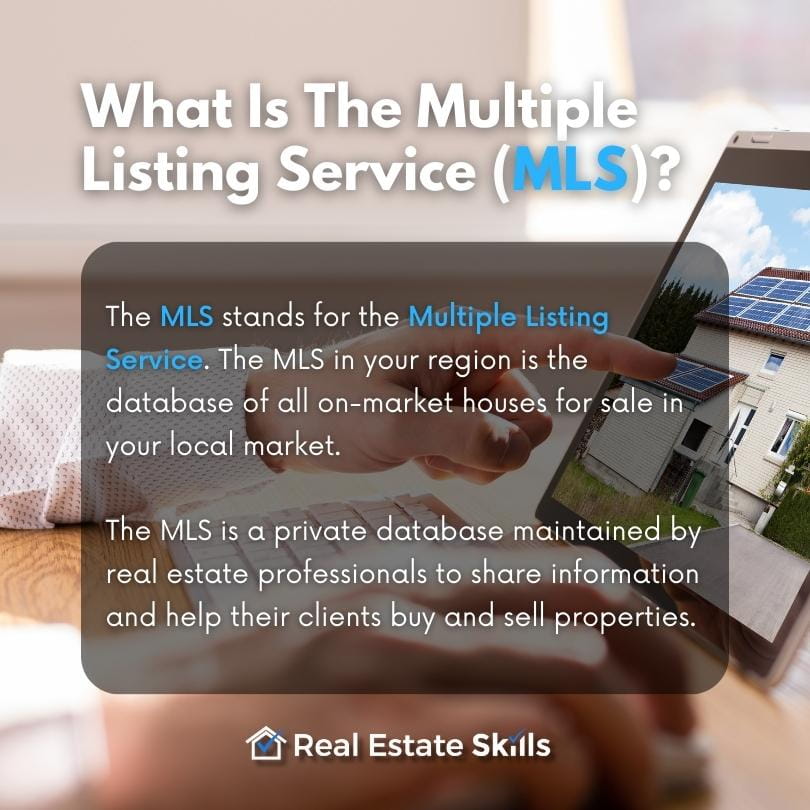
Now, there are hundreds of different types of MLS systems across the nation, because they are region-specific. For example, if you have MLS access in Atlanta, Georgia, then you would only be able to access properties in that region.
So, having MLS access in Atlanta, Georgia, would not help you if you wanted to access on-market properties in Houston, Texas. Right? So, one region's MLS is different from the MLS in another real estate market. Let's make that clear.
Now, most people use the MLS for residential property, such as single-family houses. However, the MLS also has property listings for assets such as multifamily, which are two- to four-unit buildings, land, and commercial real estate like hotels, motels, business buildings, and mobile home parks.
Read Also: How To Find Distressed Properties To Buy: The (Ultimate) Guide
Why Get Access To The MLS Database?
MLS access puts the most accurate, up-to-date on-market data at your fingertips. The Multiple Listing Service is where licensed agents input listings first, so price changes, photos, disclosures, and status updates appear here before they trickle to portals. When a property is on the MLS, the seller has signaled they’re ready to sell—no guesswork.
That means the owner is a motivated seller in the clearest sense: the home is actively for sale. This is why Pro Wholesalers treat MLS access as a primary lead source—it’s the fastest path to real, actionable opportunities.
- Source of truth: Portals pull from the MLS—getting direct MLS access means fresher comps and cleaner data.
- Better deal targeting: Filter by price drops, days on market, and terms that fit your buy box.
- Negotiation edge: See full agent remarks, showing notes, and documents that rarely appear on consumer sites.
- Consistent pipeline: New listings hit daily, so you’re always working fresh opportunities.
There are other ways to get real estate data, but nothing beats direct MLS access. It’s the “king database” for comps, pricing strategy, and market timing. Below, we’ll share software that aggregates MLS data from multiple markets, plus websites that mirror portions of MLS data. Use them as backups—just know that the MLS remains the most current, reliable source.
With MLS access, you play offense. You can pursue the exact deals your cash buyers, investors, clients, and financing partners want—without waiting for inbound responses or slow portal updates. Instead of spending heavily on direct mailers, cold calls, or bandit signs just to learn who might sell, you can act on verified listings that are already for sale.
Because new inventory posts every day, your lead list stays fresh. That’s how Pro Wholesalers build consistent deal flow week after week: precise comps, real-time status changes, and direct outreach—powered by MLS access.
Read Also: Real Estate Marketing Ideas: The 10 Best Campaign Strategies in 2023
*For in-depth training on real estate investing, Real Estate Skills offers extensive courses to get you ready to make your first investment! Attend our FREE Webinar Training and gain insider knowledge, expert strategies, and essential skills to make the most of every real estate opportunity that comes your way!
How Much Does MLS Access Cost?
When people ask, “how much is the MLS?” or “how much does MLS access cost?”, the short answer is: far less than one closed deal. Depending on your path, MLS access can range from free (through certain assistant roles) to under $100/month. Below is a clear breakdown so you can budget—and choose the route that fits your strategy.
- Free–$75/mo: Unlicensed MLS assistants or appraisers working under a licensed agent’s supervision (varies by MLS).
- $50–$100/mo: Typical monthly fee for licensed real estate agents and brokers (often billed quarterly at ~$150–$300 or annually).
- Low-cost data tools: Some investor platforms mirror portions of MLS data for as little as $25/quarter–$97/month; helpful, but not a full substitute for direct MLS access.
For licensed real estate agents and brokers, your local MLS is typically run by the area’s Realtor® association. Expect to join that association to receive credentials, manage billing, and maintain compliance. Many boards also bundle services (forms, lockbox access, showing platforms) into dues, which explains why billing is often quarterly or annual.
You may also be required to become a member of the National Association of Realtors (NAR) and your state association. Exact amounts vary by market, but in most areas, agents report total monthly equivalents in the $50–$100 range once dues are annualized.
Other users of the MLS—such as unlicensed assistants and appraisers—often pay less ($0–$75/month), but this access must be sponsored and supervised by a licensed participant. If you’re pursuing an assistant route, coordinate with a supervising broker to understand what data and functions you’ll receive.
Bottom line: MLS access is usually inexpensive relative to the value it delivers. You’re logging directly into the most up-to-date database of on-market homes in your area—new listings, price drops, and status changes populate every day. One solid wholesale, flip, or buy-and-hold deal can cover your MLS-related costs for the year and then some.
How To Get MLS Access With 6 Strategies
MLS access unlocks real-time listings, accurate comps, agent remarks, and status changes—everything you need to price correctly and move fast. If you’re asking “How can I gain access to the MLS?”, here are six proven paths. Choose the one that fits your goals, budget, and timeline.
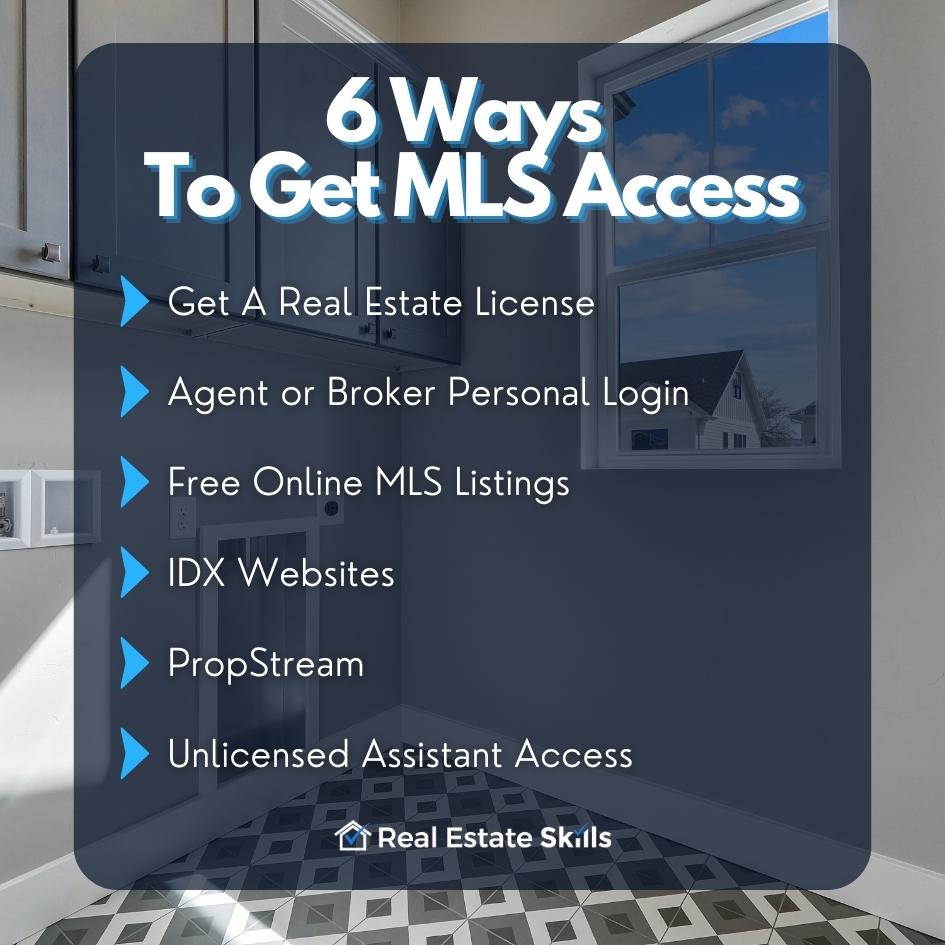
- Get A Real Estate License
- Using a Real Estate Agent’s or Broker’s Personal MLS Login
- Leverage Free Online MLS Listings
- IDX Websites
- PropStream
- Unlicensed Assistant Access
1. Get A Real Estate License
You’re able to have your own MLS access for your area when you become a licensed real estate agent, broker, or appraiser. With credentials, you also get lockbox access for showings—huge for speed and deal flow.
- What it involves: Complete pre-licensing education, pass the state exam, apply for your license, and then join your local association/MLS.
- Timeline: Realistically, four to six months if you stay on track (education, fingerprints/background check where required, exam scheduling, board onboarding).
- Costs: Courses, exam, license, association dues, and MLS fees. Expect ~$400–$1,000+, depending on your state and board.
- Upside: Full-featured MLS access, showing tools, forms libraries, and professional credibility.
- Trade-offs: Time, ongoing dues, CE requirements, and compliance responsibilities.
2. Using A Real Estate Agent’s Or Broker’s Personal MLS Login
Gaining MLS access without having a real estate license can be a complex endeavor, but a fruitful one if approached correctly. One of the most effective ways is to form a collaborative partnership with an investor-friendly real estate agent who is willing to share their MLS login. This method isn't just about borrowing credentials; it's about building mutual trust and understanding the shared benefits.
- Make it win–win: Offer a finder’s fee, flat fee, or admin support (screening listings, pulling comps, organizing docs) so the agent saves time and grows commissions.
- Be transparent: Set expectations in writing—scope, hours, deliverables, and the right to end the arrangement if it’s not a fit.
- Where to find partners: Craigslist, LinkedIn groups, Facebook communities, agent forums, and your local investor network.
3. Leverage Free Online MLS Listings
The digital age has empowered real estate investors with myriad platforms that, while not direct replacements, act as valuable alternatives to the MLS. For those questioning how to obtain MLS listings without directly accessing the platform or partnering with a realtor, these online databases offer a significant degree of versatility and information. With the help of your realtor partner, you can learn how to get access to MLS as a realtor.
- Realtor.com: Easy national search; broker contact info is front-and-center so you can call for more detail.
- ZipRealty.com: Surfaces sale type (short sale/REO), pricing history, and reductions—useful for negotiation context.
- Trulia.com: Neighborhood stats, trends, and category filters (foreclosures, reduced price, FSBO) to refine your search.
- Zillow.com: Broad coverage plus “recently sold” and Zillow’s estimate for quick directional value checks.
Read Also: Top 15 Best Real Estate Wholesaling Software (2023 Edition)
4. IDX Websites
An IDX website is a syndication of the local MLS feed that a real estate agent hosts on their own website. Most real estate broker’s sites allow instant property searches—free, quick, and simple.
- Pros: Instant access; consumer-friendly search; no setup required.
- Cons: Not the same as getting MLS access: you’ll miss private remarks, showing instructions, and some data fields needed for deep analysis.
- Speed: Access is immediate—helpful for quick scans, but verify details with the MLS or listing agent.
5. PropStream
PropStream is a real estate software that pulls MLS data from across the nation, as well as data from other records, such as tax, lien, and mortgage information providers.
- Use cases: Nationwide search, comping for ARV estimates, ownership/tax insights, and lead lists.
- Limitations: PropStream doesn’t contain about 5% of MLS listings and new listings can have a 7–10 day delay—great for research, but not a complete substitute for direct MLS access.
Read Also: PropStream Review (2023): Pricing, Features, & Is It Worth It?
6. Unlicensed MLS Assistant Access
Unlicensed MLS Assistant Access is affordable, fast, and you don’t need a real estate license. However, you do need to find a real estate agent or broker to partner with who will vouch for you as their assistant. Most real estate professionals don’t know about this option, so they may have some resistance to giving just anyone MLS access without a license.
- How it works: A licensed participant sponsors you as an assistant; the MLS grants limited, supervised access tied to that brokerage.
- What you get: Varies by board—often search, reports, and basic input support; rarely full agent-level privileges.
- Timeline: Depends on your sponsor and MLS processing. Expect several business days after your application is submitted.
How long does this take to get access? It depends on how fast you can link up with an agent who vouches for you. You should expect this to take at least several business days to process once you submit the application for MLS assistant access. We’ll cover more on this in the next section.
- Need full control? Get A Real Estate License.
- Need quick data with minimal setup? IDX Websites + Free Online MLS Listings.
- Want nationwide lead tools? PropStream.
- Want supervised access without licensing? Unlicensed MLS Assistant Access.
Read Also: Real Estate Jobs Without License Requirements (2023 Guide)
What Is MLS Assistant Access?
MLS Assistant Access is designed for an Office/Personal Assistant, and is aimed at "preserving the integrity of the MLS database." This type of access aids Brokers, Agents, and Appraisers in their real estate activities by giving their assistants the data they need to perform day-to-day tasks that require real estate information.
These assistants are professionals who, under the guidance of a Broker, Agent, or Appraiser, focus solely on administrative and clerical duties involving the MLS database. Notably, these tasks do not require a real estate license as per the latest Department of Real Estate guidelines.
The core of what you want here is "unlicensed assistant access" to the MLS. But, as you read in our definition above, this has other names such as office assistant access, personal assistant access, unlicensed access, clerical access, administrative access, etc.
How To Get MLS Assistant Access (Without A License)
With unlicensed assistant access to the MLS, you typically have the exact same MLS functionality as a licensed agent or broker except that you cannot list properties, which means you cannot put properties for sale on the MLS, which is fine, because we do not need to do this as wholesalers.
Now that you know exactly what assistant access is, let's dive into the steps to getting it. This strategy is used by a wide number of our students and has proven time and time again to find them the best real estate deals in their area. Please keep in mind that the exact process for getting MLS assistant access can slightly vary in different locations but is generally the same nationwide:
- Search For Your Local MLS
- Contact A Real Estate Agent Or Broker To Work With
- Fill Out Your MLS Assistant Access Application
- Pay The Cost & Get MLS Access!
1. Search For Your Local MLS
After a quick Google search, you should be able to find the local MLS in your area, the local association of Realtors in your market, their contact information, as well as the form needed to request MLS assistant access.
2. Contact A Real Estate Agent Or Broker To Work With
It’s easier to get access from agents and brokers who work for smaller boutique brokerages rather than national brokerages because smaller, local brokerages are less corporate, have fewer rules, and are more flexible.
Many of our students have been able to get MLS assistant access within a few days. For some, it takes longer, such as a couple of weeks. It really depends on how many agents and brokers you approach and speak with.
First, try to connect with investor-friendly agents on social media, at Real Estate Investor Association Meetings (REIA Meetings), and through referrals.
*You can do a simple Google search to find the closest REIA to you. Here are some examples below.
On your journey to acquire access in your state, keep these best practices in mind:
- Don’t expect every real estate agent or broker to already understand what MLS Assistant Access is. In fact, many agents and real estate brokers are unaware it exists! In these situations, educate them on what MLS Assistant Access is.
- Begin to position yourself as a potential unofficial member of their team so that in their eyes you are an assistant.
- Don’t expect that the first agent or broker that you speak with will give you MLS Assistant Access. Expect to speak with multiple agents and brokers. Don't expect to get a “yes” on your first try.
- Do not just get on an Agents’ or Brokers’ email distribution list. This is NOT MLS Assistant Access.
- Seek out small, boutique local brokerages rather than National Brokerages.
- Avoid asking National Brokerages for MLS Assistant Access, such as: Compass, RE MAX, Coldwell Banker, Keller Williams, Berkshire Hathaway, Century 21, Sotheby’s, etc.
- Always remember, “Every 'no' you get, you are closer to a YES!”
- You want to work with agents and brokers that want to work with you!
3. Fill Out Your MLS Assistant Access Application
Once you have found the right real estate professional to work with, the application process begins. This is something that you would fill out with your assistant information, the information of the agent, and then the broker. After it is filled out, you will have it signed by the agent and the broker in charge.
*Here is an example of an MLS assistant access application:
*Here is another example of an application for a different region. As you can see, it's not that much different.
4. Pay The Cost & Get MLS Access!
MLS Assistant Access is the quickest, easiest, and least expensive way to get full access to the MLS; you can acquire access to the MLS in a couple of days for $25 to $75 per quarter on average, however, prices can vary to be even less expensive.
*For example, view the chart below which states the annual fees for unlicensed assistant access to Stellar MLS, a Multiple Listing Service database in Florida.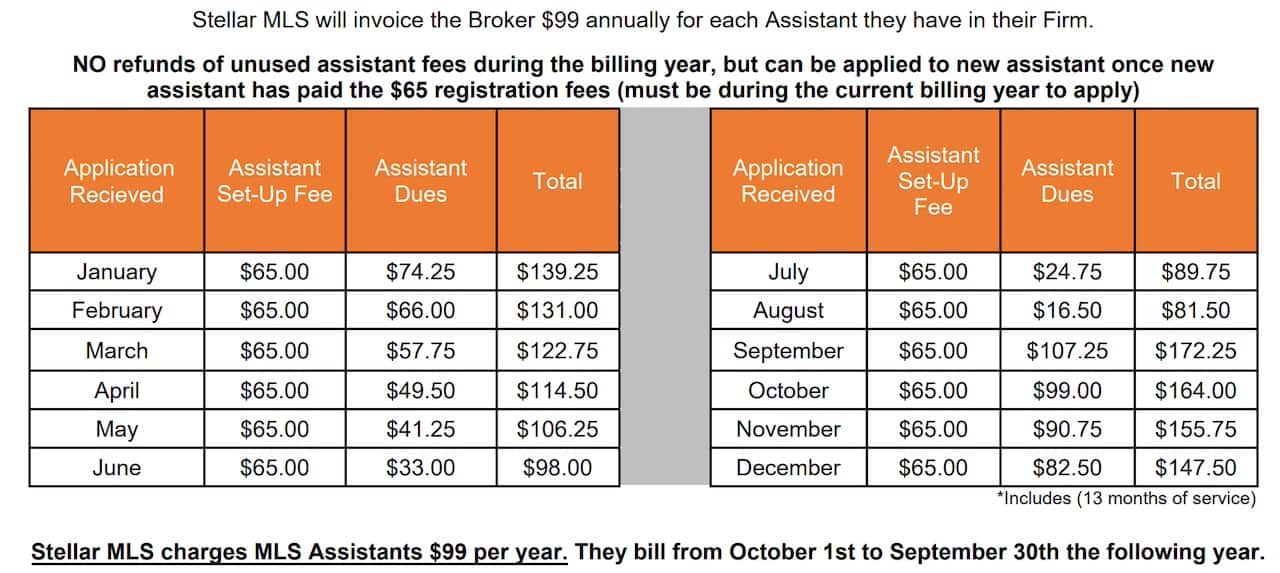
How To Get MLS Assistant Access For Free
Getting unlicensed MLS assistant access can be one of the best ways to obtain free access to the MLS. In some cases, there will be a nominal fee for an agent’s assistant to access the MLS. In other markets, it’s completely free for an agent to add an assistant to access the MLS.
What this does require is for the unlicensed person to form an assistant relationship with a licensee, along with having both the licensee and their managing broker sign off on the unlicensed individual.
*Let's take a quick look at one example of what the MLS would look like. Here is the dashboard of one of the local MLS systems in Southern California.
Another strategy to obtain free MLS access is to partner with a real estate broker and receive a drip feed of listings that match your home search criteria. All brokers and agents are able to provide this. However, this is not actually getting access to the MLS. This is simply getting selected listings sent to your inbox.
Some brokers may share login information with other agents and even unlicensed individuals, although we do not advise this as it’s generally not allowed by the MLS rules and regulations.
We'd prefer to proactively access the MLS through free listing sites, such as Redfin, Zillow, and Realtor.com over these automated email notifications set up by Realtors. These listing sites often have better real estate information than the drip email campaigns from your agent.
In reality, these sites have more than 90% of the same information that the Multiple Listing Services contain. While you will not have access to all of the information, such as agent confidential remarks and showing instructions, and in some markets, closed sales prices, it’s an excellent way to get MLS access for free.
If you're interested in real estate investing, becoming an agent, or just want to stay informed on local property data, learning how to get MLS access is a smart move. The MLS (Multiple Listing Service) is one of the most powerful tools in real estate, but access is typically restricted. Below are answers to some of the most frequently asked questions to help you understand your options and choose the best path forward.
FAQ: How to Get MLS Access
If you're interested in real estate investing, becoming an agent, or just want to stay informed on local property data, learning how to get MLS access is a smart move. The MLS (Multiple Listing Service) is one of the most powerful tools in real estate, but access is typically restricted. Below are answers to some of the most frequently asked questions to help you understand your options and choose the best path forward.
Can anyone get access to the MLS?
MLS access is usually limited to licensed real estate agents and brokers, but there are a few ways for non-agents to gain access. We’ll cover those options below.
Do I need to be a real estate agent to use the MLS?
You don’t need to be an agent, but becoming one is the most direct way to get full MLS access. Many investors choose to get licensed for this reason alone.
How do I get MLS access as a real estate investor?
If you're an investor learning how to get MLS access, you can work with a buyer’s agent, get licensed, or use a third-party data platform. Some MLSs offer limited guest access through partnerships.
Is it legal to share MLS access with non-agents?
No, sharing login credentials is against MLS rules and could lead to penalties or revoked access. However, agents can share data and comps with clients legally.
How long does it take to get MLS access after getting licensed?
Once you're licensed and join a local Realtor association, you can typically get MLS access within a few days. Each MLS has its own registration and onboarding process.
Can wholesalers get MLS access?
Yes, wholesalers can get MLS access by becoming licensed agents or building relationships with agents who can provide the data legally. Knowing how to get MLS access gives wholesalers a huge advantage in comping and finding deals.
What’s the best way to get MLS access fast?
The fastest way to get MLS access is to partner with a licensed agent or join a team that gives you access as part of your role. If you plan to invest long-term, getting licensed is often worth the investment.
Final Thoughts On Getting MLS Access
In our eyes, learning how to get MLS access is a no-brainer for any real estate professional who is serious about either real estate brokerage, real estate investing, real estate wholesaling, flipping houses, or all of the above.
Sure, you can burn tens of thousands of dollars per month in postcards, yellow letters, newspaper ads, and other marketing channels to generate leads. However, finding leads and submitting an offer on a property listed on the MLS will not cost you a dime.
If you’re serious about doing your first real estate deal, don’t waste time guessing what works. Our FREE Training walks you through how to consistently find deals, flip houses, and build passive income—without expensive marketing or trial and error.
This FREE Training gives you the same system our students use to start fast and scale smart. Watch it today—so you can stop wondering and start closing.
*Disclosure: Real Estate Skills is not a law firm, and the information contained here does not constitute legal advice. You should consult with an attorney before making any legal conclusions. The information presented here is educational in nature. All investments involve risks, and the past performance of an investment, industry, sector, and/or market does not guarantee future returns or results. Investors are responsible for any investment decision they make. Such decisions should be based on an evaluation of their financial situation, investment objectives, risk tolerance, and liquidity needs.


